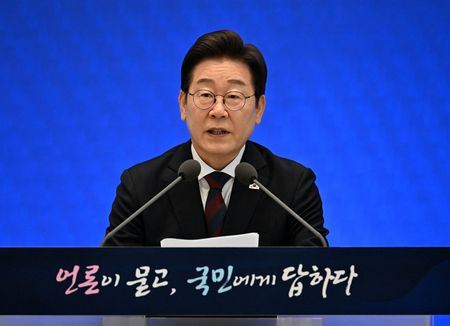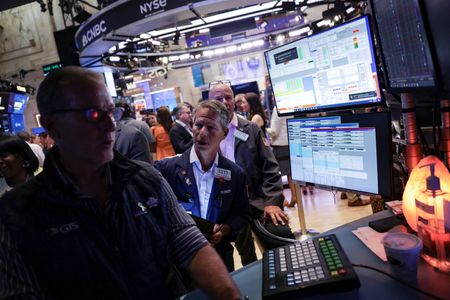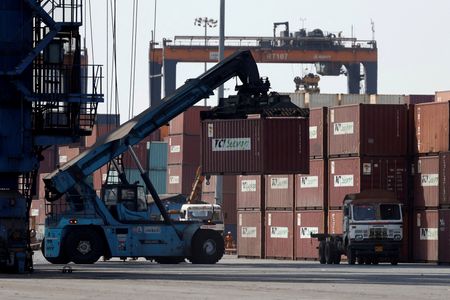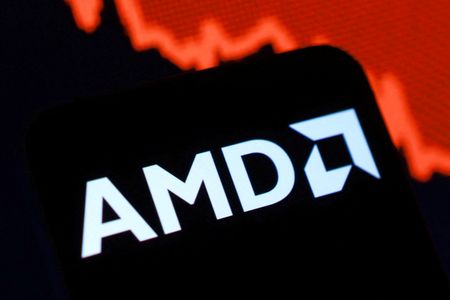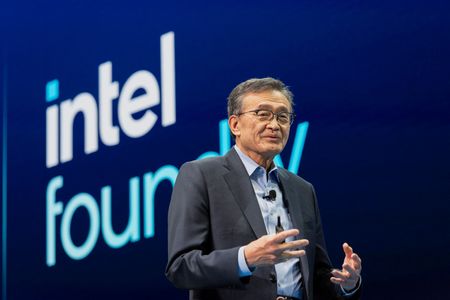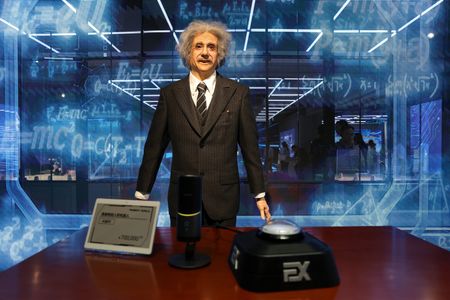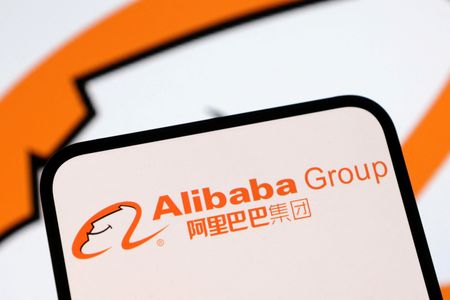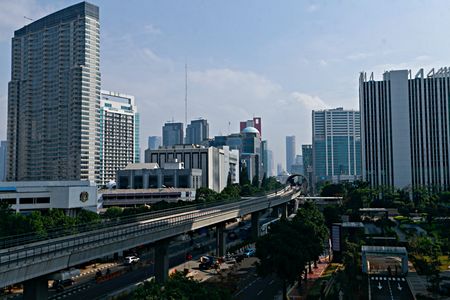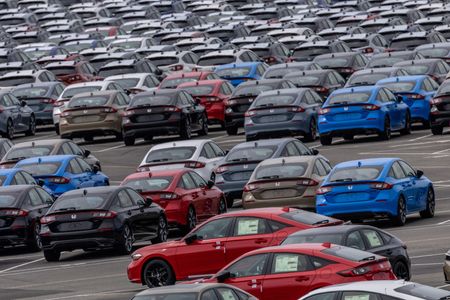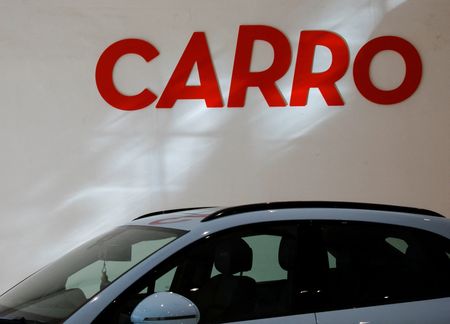By Francesco Guarascio and Phuong Nguyen
HANOI (Reuters) -New South Korean President Lee Jae-myung will host Vietnam’s top leader To Lam on a visit next week, two people familiar with the plan said, as they aim to boost cooperation on technology at a time of global trade tension that could affect their ties.
Korean companies have historically been the biggest investors in the Southeast Asian nation, pouring in $92 billion, by the end of last year, Vietnam government data shows, mainly in factories.
Lam is expected to arrive on Sunday for the four-day event, the first state visit since Lee took office in June, said the sources who sought anonymity, as the visit has not yet been announced.
Global trade uncertainty will figure in the talks in Seoul next week, said one of the sources. They come after the Trump administration approved new tariffs last week on goods from dozens of countries, including South Korea and Vietnam.
The South Korean presidential office declined to comment. Vietnam’s foreign ministry did not immediately respond to a request for comment.
Vietnam, which raised taxes on multinationals last year, drawing criticism from large foreign investors, now faces duties of 20% on its exports to the United States, while duties on South Korean products are set at 15%.
Korean investment in Vietnam has led to the setting-up of some research centres and the transfer of valuable technology to its companies.
Many Korean multinationals have used Vietnam as an export hub, benefiting for years from lower labour costs, generous tax incentives and Hanoi’s numerous free trade pacts with dozens of countries.
Top investor Samsung Electronics has its largest overseas industrial operations in Vietnam, from where it exports more than half the telephones it sells each year, with a large number destined for the United Sates.
Korean companies appear to have slowed investments this year, however, as Vietnam’s latest government data does not list them among the top seven investors over the first seven months.
But companies with operations in Vietnam remain largely optimistic, ruling out immediate relocation on the grounds that it remains more attractive than rivals, the tariff impact was still unclear and the size of existing investments discouraged sudden moves, said two people with direct knowledge.
It is not clear whether Vietnam may negotiate different rates for specific sectors, with possibly lower duties on electronics exports, which are the most relevant to Korean firms.
In April, the Trump administration exempted from new global tariffs several electronics items, such as laptops and smartphones, but left the duration and scope unclear. Duties on semiconductors are expected to be unveiled later.
(Reporting by Francesco Guarascio and Phuong Nguyen in Hanoi; Editing by Clarence Fernandez)

